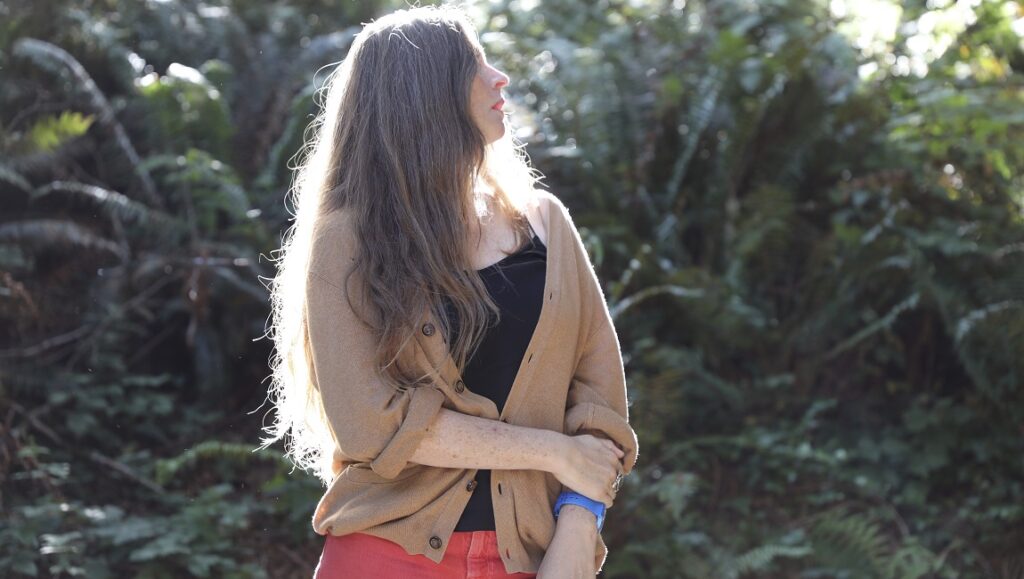After an eight-year gap since her last solo record, Meg Baird has returned with Furling, a contemplative and fully-realized folk album that, on first blush, seems to wholly justify the wait. With so much of her recent work coming via various collaborations, it’s easy to see how all of those disparate elements have woven into a newly singular vision for the artist, and one that feels refreshed and delightfully hypnotic at that.
The record opens with a loose, jangly solo piano improvisation, establishing the relaxed and free-flowing mood that is to inform its overarching character. What’s fostered in this introduction is a sort of base layer for the rest of the album, a tone that sustains throughout all the tracks, its influence felt even when there is no piano speckling the background. That general texture is felt across the entire record, which veers toward acoustic-heavy instrumentation and is punctuated by Baird’s relaxed, ethereal voice. But rather than letting this minimalism infect Furling with an emptied-out feel, Baird is careful to maintain a warmth across the album’s runtime, a gentle hug and whispered reassurance for the listener, all while the artist’s lyrics grapple with reorienting herself within the wider world.
Indeed, that delicacy is one of Furling’s defining features. There’s a fragile, crystalline quality to Baird’s voice when she opens up about the changes she’s going through on “Cross Bay”: “Just call out my name / you’ll see it’s not the same one anymore.” And the track, in some ways, reflects the essential midlife musings (and crises) in which the album feels rooted. This all amounts to an intensely personal work, and so it’s no coincidence that the artist chooses to forego most of her usual collaborators this time out (though there is minor contribution from Mary Lattimore, with whom she released a record and toured in 2018). That said, there is the clear influence of the ambient styles she’s absorbed over the past near-decade of ensemble music-making, which lend a meditative vibe to the project and keep things smoothly flowing from track to track.
In a way, Furling operates as a guided therapy session for someone going through an identity crisis. Whether it be as unavoidable as contentions with aging and mortality, as personal as artistic evolution, or something more abstracted, like how to exist in a world in which you no longer have faith, Meg Baird has experienced being there, and Furling is an act of working through. There are no answers to be found here, but Baird’s skill comes in communicating the meaning in that uncertainty. After all, there’s peace in knowing you’re not alone in such things, and in this way, Furling is a generous work of mutual reciprocity between artist and listener.
Published as part of InRO Weekly — Volume 1, Issue 6.


Comments are closed.